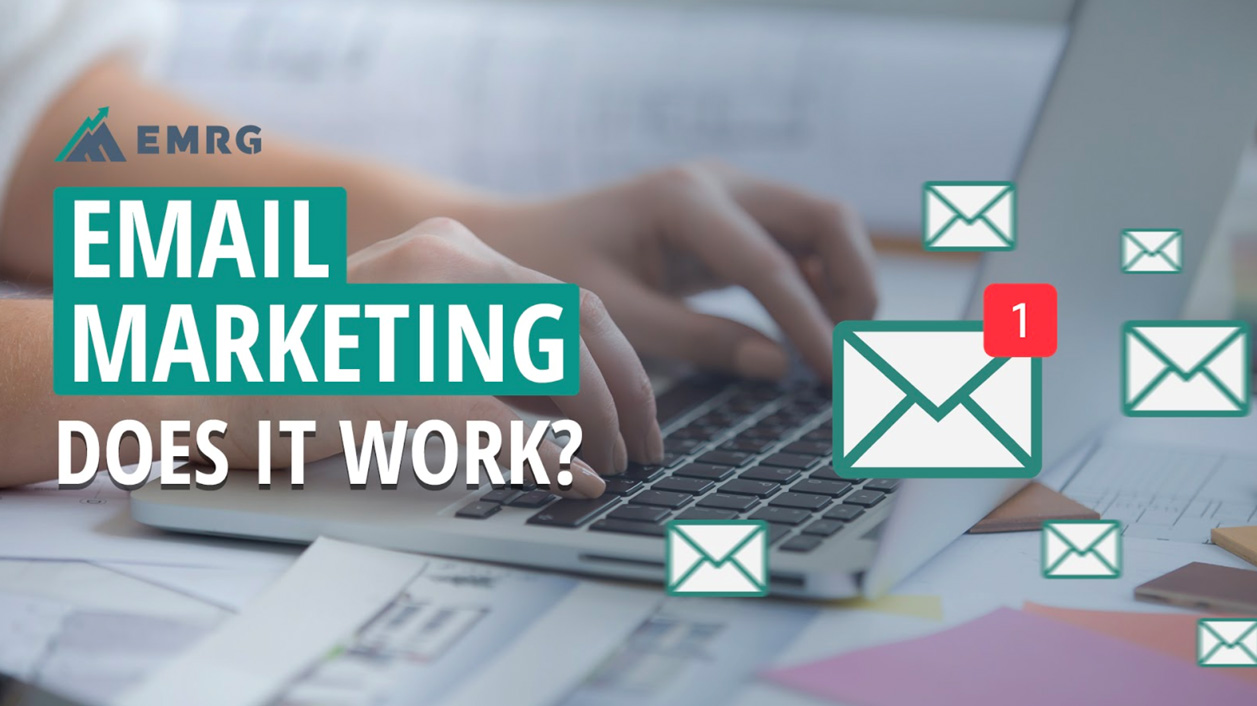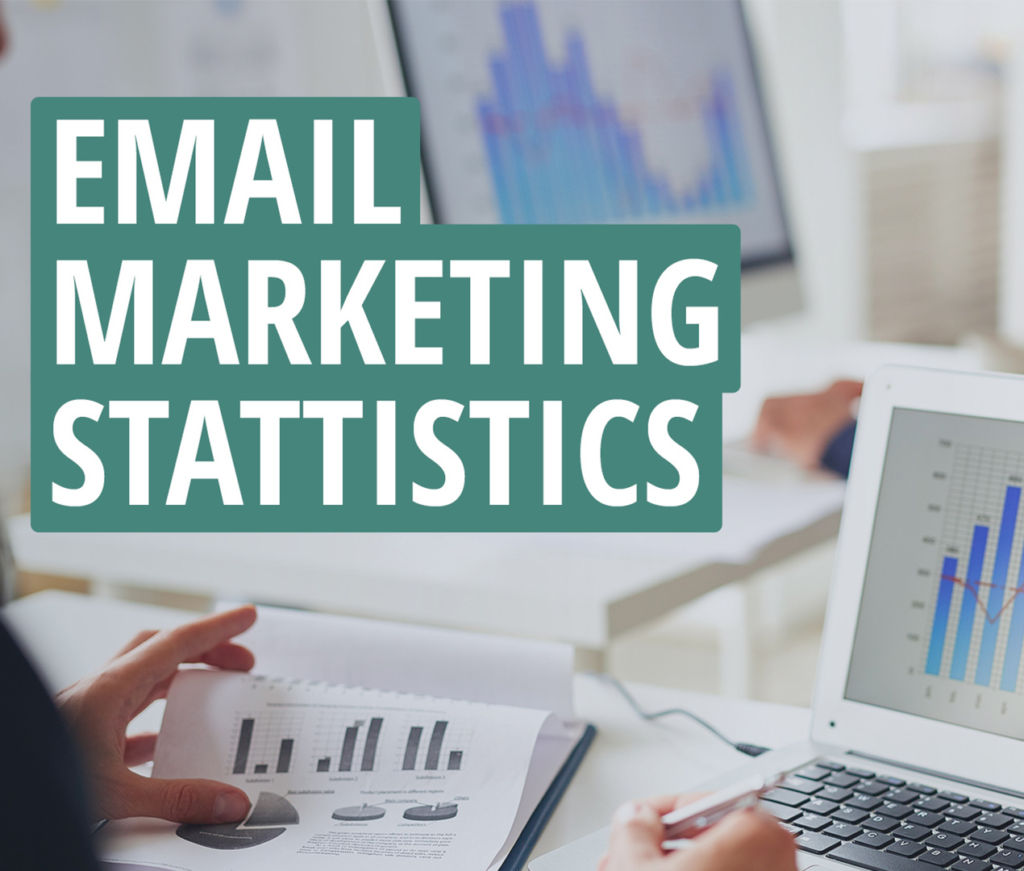
Does Email Marketing Really Work?
In the age of virtual reality, artificial intelligence, and social media, email marketing can feel like ancient technology. Does email marketing still work? Should you even bother with it?
In this post we’ll demystify email marketing, and what strategies are and are not effective.
What is Email Marketing?
Email marketing is essentially the modern continuation of the original direct mail marketing campaigns. Reaching out directly to customers and potential clients. Email marketing can be used to:
- Generate leads
- Make sales
- Nurture leads
- Expand brand awareness
- Increase customer engagement
- Retain customers
- Create brand advocates
- Upsell products and services
However, email marketing isn’t limited to these subjects. Reaching out to customers in any way (other than email confirmation, direct communication, etc.) can be a form of email marketing.
These days, you may think of email marketing as antiquated or obsolete. However, the numbers say otherwise. In fact, the reality is email marketing is a uniquely effective marketing strategy, with unmatched returns and far-reaching potential.

Email Marketing Statistics
Let’s crunch some numbers…
- It’s estimated that 3.9 billion people use their email every day.
- Around the world, people send 319 billion emails daily.
- The average return is $42 for every $1 spent on an email marketing campaign. (4200% ROI)
- Over ⅓ of abandoned carts, emails lead to eventual purchase.
- 80% of retail professionals indicate that email marketing is their most effective form of customer retention.
- 72% of customers prefer email as their primary form of communication.
- 21% of emails are opened within an hour of being sent.
(Source)
With these kinds of numbers, it’s hard to argue the effectiveness of email marketing. So why the stigma? In an age dominated by social media, email marketing can seem useless. Although, when an email marketing campaign doesn’t work, it’s more often due to a failure to execute, rather than the fault of email marketing itself.
Why Email Marketing Sometimes Doesn’t Work
Doubting the effectiveness and efficiency of email marketing is understandable – after all, in the age of text messages and social media, people often scoff when you mention sending them an email.
Additionally, Due to the effectiveness of email marketing, there is often an oversaturation of emails in the aether. It’s not unusual for people to suffer from email fatigue, after all, many of us receive hundreds of emails a day. In fact, it’s estimated that the average person receives up to 150 business emails everyday.
Most people’s personal experience with email marketing has to do with receiving countless emails, most of which they’re not interested in. That includes many business owners. So it’s no surprise that these same business owners have some resentment towards email marketing, and might now believe that it’s effective.

How To Use Email Marketing Effectively
Unlike social media, with email marketing, you know someone is reading on the other side because you’re sending it directly to their inbox. The key to overcoming email fatigue with customers is personalization.
Personalized emails differentiate themselves from the troves of other emails that customers are receiving and make them seem more genuine.
For example:
- Emails with personalized subject lines are 26% more likely to be opened.
- Personalized calls to action perform 202% better than those that are not personalized according to HubSpot.
- Personalized birthday emails generate 342% more revenue than standard promotional emails.
- 62% of customers said they feel “excited” to receive personalized emails, which is a stark contrast to most reactions to your typical promotional emails.
Creating unique personalized emails is the key to maximizing the usefulness of any email marketing campaign. There are a few strategies to consider in order to create effective personalized emails.
First, is to take full advantage of dynamic content. Dynamic content allows you to control which content certain recipients receive. This allows you to essentially create multiple versions of the same email, with the recipient receiving the version most relevant to them.
Another useful strategy is to integrate your email campaign with a CRM. A customer relationship management program will allow for seamless integration of customer data into your emails, and ensure accurate personalization.

Email marketing can be an extremely valuable resource for your business. It creates a point of contact and facilitates a dialogue between the customer and the business. While some people may suffer from email fatigue, the fact is email marketing is effective. The data also shows that furthering your efforts by creating personalized email campaigns boosts effectiveness even further. While it may seem old-school, it’s important that your business is taking full advantage of the benefits offered by email marketing. EMRG can help you utilize those resources, effectively reach out to your customers, and increase revenue.